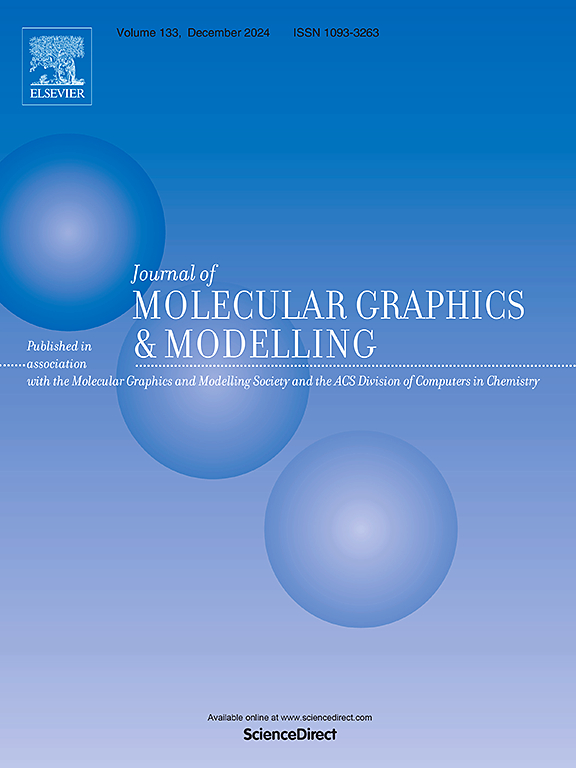Characterization of a novel thermostable α-amylase from Calothrix sp. using in silico approaches
IF 3
4区 生物学
Q2 BIOCHEMICAL RESEARCH METHODS
引用次数: 0
Abstract
Cyanobacteria, photoautotrophic microorganisms found in diverse environments, are promising producers of bioactive compounds with industrial applications. Among these, α-Amylases hydrolyze α(1,4) glycosidic bonds in starch, generating fermentable monomers for bioprocesses. This study used computational approaches to identify and characterize potentially thermostable α-Amylases from cyanobacterial sequences from a public database. The protein Amy1 was identified and analyzed through structural modeling, sequence comparison, molecular dynamics simulations, and binding free energy calculations to assess protein-ligand interactions. Molecular dynamics at 27 °C and 50 °C were conducted to evaluate putative enzyme stability, guiding experimental validation of thermostability. These studies were carried out to ensure accuracy for experimental tests, which are important to confirm this thermostable characteristic. These findings highlight cyanobacterial alpha-amylase characteristics as viable alternatives to commercial equivalents and pave the way for future biotechnological applications and large-scale production.

一种新型耐热α-淀粉酶的硅表征
蓝藻是一种在不同环境中发现的光自养微生物,是具有工业应用前景的生物活性化合物的生产者。其中,α-淀粉酶水解淀粉中的α(1,4)糖苷键,生成用于生物过程的可发酵单体。本研究使用计算方法从公共数据库中的蓝藻序列中鉴定和表征潜在的耐热α-淀粉酶。通过结构建模、序列比较、分子动力学模拟和结合自由能计算来鉴定和分析Amy1蛋白,以评估蛋白质与配体的相互作用。在27°C和50°C下进行分子动力学来评估假定的酶稳定性,指导热稳定性的实验验证。进行这些研究是为了确保实验测试的准确性,这对确认这种热稳定性特性很重要。这些发现突出了蓝藻α -淀粉酶作为商业等价物的可行替代品的特性,并为未来的生物技术应用和大规模生产铺平了道路。
本文章由计算机程序翻译,如有差异,请以英文原文为准。
求助全文
约1分钟内获得全文
求助全文
来源期刊

Journal of molecular graphics & modelling
生物-计算机:跨学科应用
CiteScore
5.50
自引率
6.90%
发文量
216
审稿时长
35 days
期刊介绍:
The Journal of Molecular Graphics and Modelling is devoted to the publication of papers on the uses of computers in theoretical investigations of molecular structure, function, interaction, and design. The scope of the journal includes all aspects of molecular modeling and computational chemistry, including, for instance, the study of molecular shape and properties, molecular simulations, protein and polymer engineering, drug design, materials design, structure-activity and structure-property relationships, database mining, and compound library design.
As a primary research journal, JMGM seeks to bring new knowledge to the attention of our readers. As such, submissions to the journal need to not only report results, but must draw conclusions and explore implications of the work presented. Authors are strongly encouraged to bear this in mind when preparing manuscripts. Routine applications of standard modelling approaches, providing only very limited new scientific insight, will not meet our criteria for publication. Reproducibility of reported calculations is an important issue. Wherever possible, we urge authors to enhance their papers with Supplementary Data, for example, in QSAR studies machine-readable versions of molecular datasets or in the development of new force-field parameters versions of the topology and force field parameter files. Routine applications of existing methods that do not lead to genuinely new insight will not be considered.
 求助内容:
求助内容: 应助结果提醒方式:
应助结果提醒方式:


